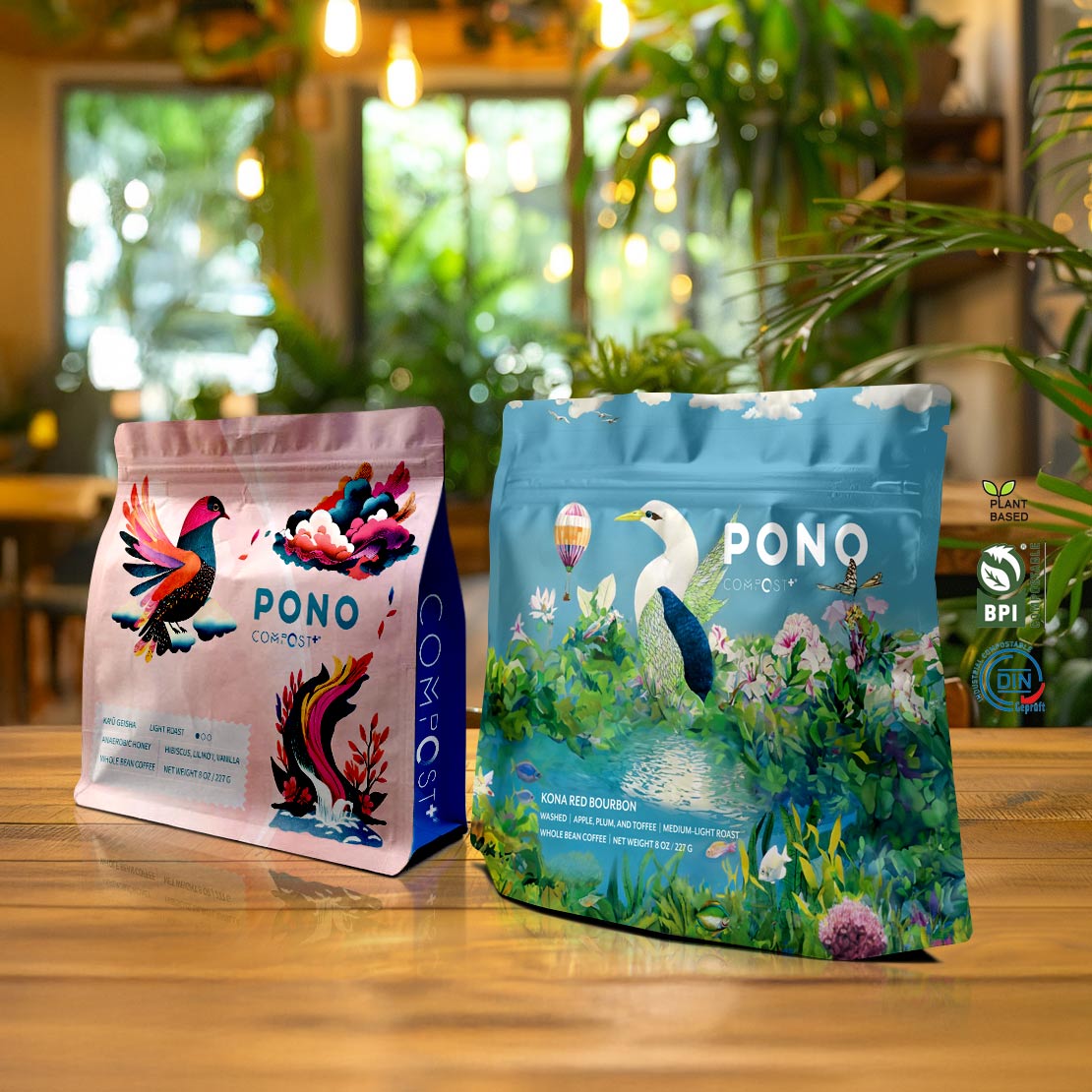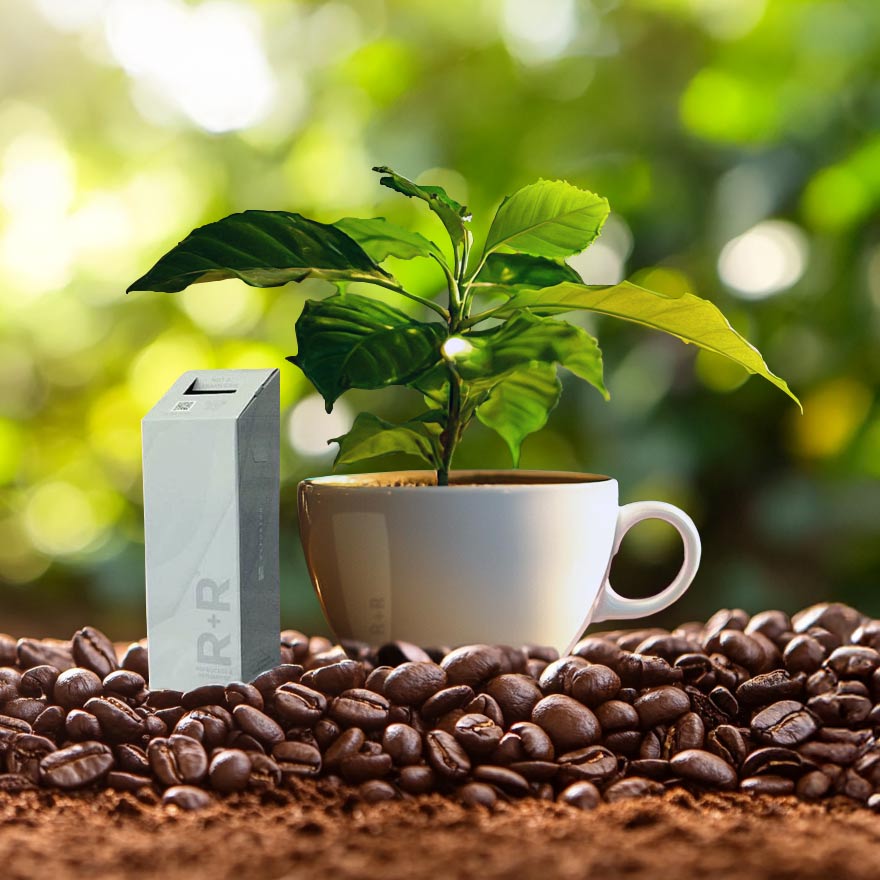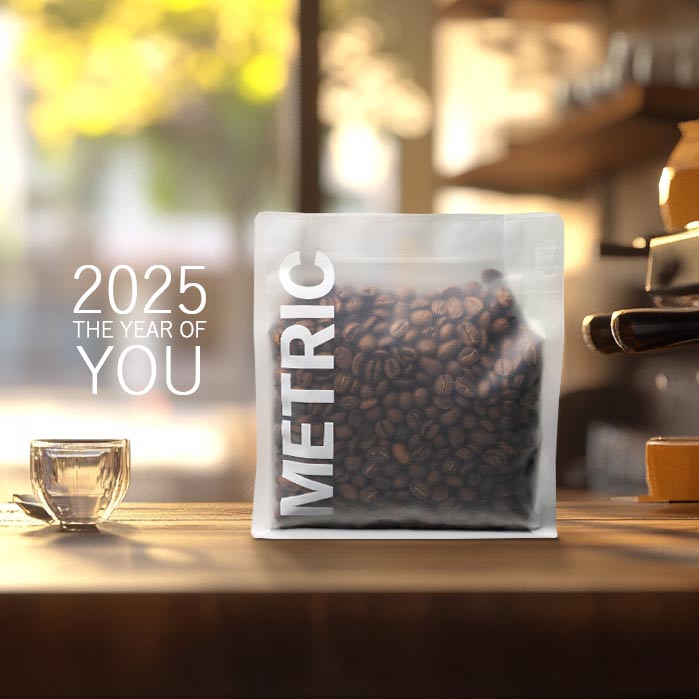Missed Call from Earth: Time to Call Back
It’s Earth Month, and yes—Earth is literally calling. Imagine getting a text from the planet: “Why aren’t you answering me?” It's funny, but also kind of real. Our planet needs attention, and how we package products plays a role.
The good news? Every step counts. Whether you're a business or a consumer, there are smart, doable ways to reduce waste and emissions—and some pretty innovative ones too.
What’s the Big Deal with Packaging?
While packaging is often blamed for environmental issues, it actually makes up just about 3% of global
greenhouse gas emissions. Still, it's a major source of waste—around 40% of the world’s plastic waste comes from packaging alone.
Even more eye-opening: Food waste creates 8–10% of emissions globally, and a staggering 30–40% of all food produced gets wasted.
So how do we solve both problems? We need packaging that protects products and doesn't stick around forever.

How Savor Brands Is Making a Difference
At Savor Brands, packaging isn’t just about looks or function—it’s about long-term impact. That’s why we created the R+R® program after years of research, testing, and collaboration.
Here’s how it works:
- We partner with Hydroblox and ByFusion
- They take “hard-to-recycle” plastics like our high-barrier coffee bags
- Those plastics get transformed into:
- Water drainage systems
- ByBlock, a building material used for real-world construction
It’s circular, smart, and makes real use of materials that used to be waste.
What About Compostable Packaging?
Not all plastic has to go through high-tech recycling systems. Our Compost+® packaging is 100%
industrial compostable—meaning it breaks down properly in commercial composting facilities.
It’s part of a bigger trend where businesses are choosing compostable over traditional plastic, especially for food and coffee packaging.
What You Can Do
Not a business owner? You still have power. Here’s how consumers like you can pitch in:
- Reuse plastic containers instead of tossing them
- Repurpose packaging for storage or DIY projects
- Compost your food scraps the right way (where facilities exist)
- Choose brands that are working toward sustainability
Want to learn more about our sustainable options? Drop an inquiry below ⤵


 Contact Our Team!
Contact Our Team!



